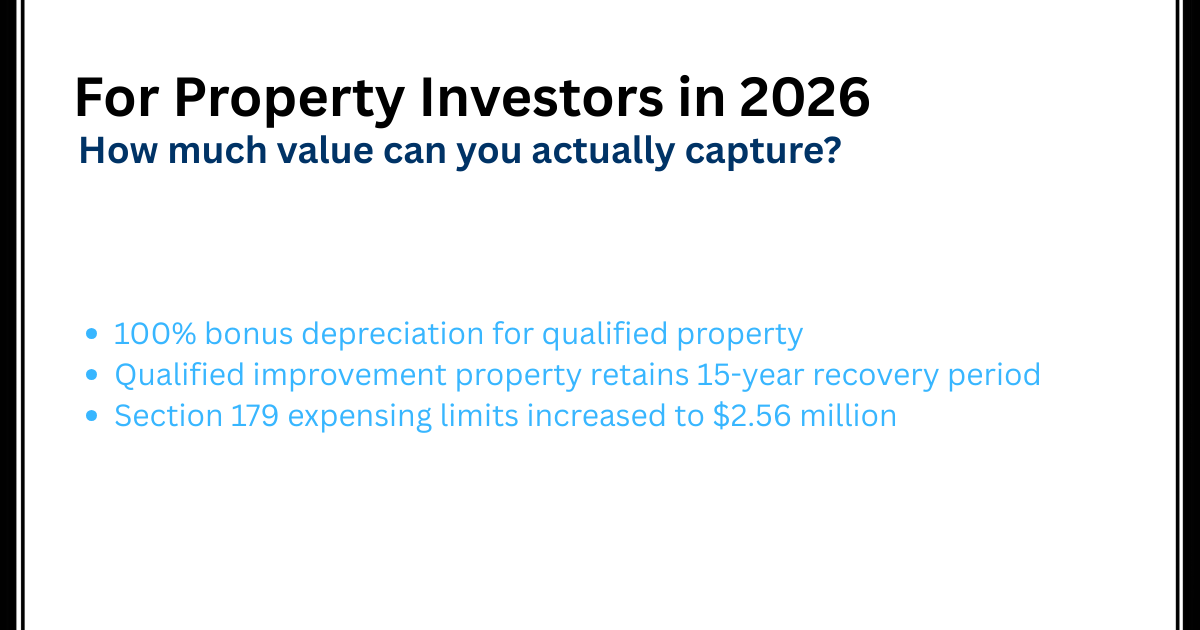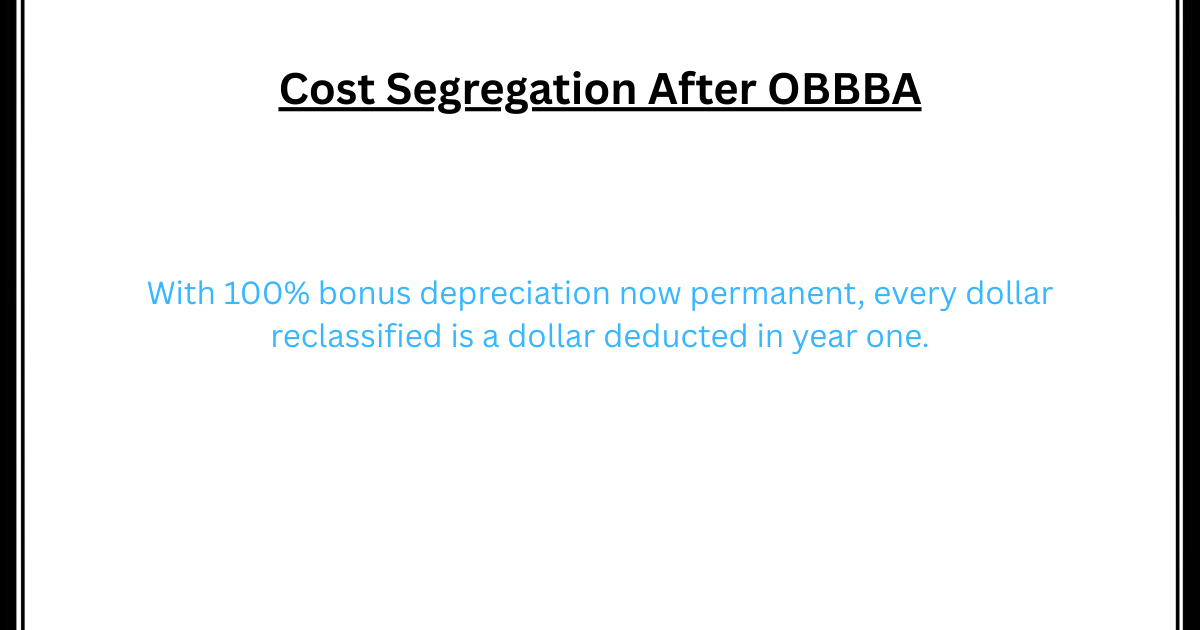Choosing fixed asset software isn't just a matter of ticking boxes—it’s about making a long-term investment in financial clarity, compliance, and operational control.
And yet, the marketplace is saturated with tools that sound the same. Most promise accurate depreciation, audit support, and asset tracking. But beneath the surface, they differ widely in usability, scalability, pricing, and real-world business value.
This guide cuts through the noise.
We’ve conducted a side-by-side comparison of the most prominent fixed asset management solutions—including Bassets, Sage Fixed Assets, Asset Panda, NetSuite Fixed Assets, and AssetCloud—so you can make a smart, informed decision based on your company’s size, needs, and future plans.
What Should You Compare When Evaluating Fixed Asset Software?
Before diving into vendor specifics, it’s essential to understand what features truly matter—especially when the stakes include tax compliance, audit readiness, and capital expenditure planning.
Key Comparison Criteria:
The Ultimate Fixed Asset Software Comparison Table
Bassets vs. the Competition: Why the Choice Is Clear for Many Teams
Let’s unpack the real-world difference Bassets makes—especially for companies caught between outgrowing spreadsheets and avoiding bloated enterprise platforms.
1. Balance of Power and Simplicity
Where Sage and NetSuite overwhelm with complexity, and Asset Panda lacks tax strength, Bassets delivers a powerful-yet-practical solution. You get comprehensive depreciation, built-in compliance features, and crystal-clear reporting—without needing an IT department to run it.
2. Customizable Yet Preconfigured
You don’t start from scratch. Bassets comes loaded with asset classes and IRS-compliant depreciation rules, yet remains fully customizable to your accounting policies and tax jurisdictions.
3. Flexible Deployment for Any Infrastructure
Whether you're a local firm requiring on-premise control or a remote-first company operating in the cloud, Bassets adapts to your reality—not the other way around.
What Users Are Asking About Fixed Asset Software (And How We Answer Them)
Q: What’s the easiest fixed asset software for small teams?
Bassets and Asset Panda are top contenders for ease of use. But if you need depreciation + tax reporting, Bassets wins.
Q: Which software offers the most accurate tax compliance features?
Sage, Bassets, and NetSuite all offer strong compliance tools—but Bassets stands out with dynamic tax forecasting and faster audit prep.
Q: Can I migrate existing spreadsheet data into these systems?
Yes—Bassets, Sage, and Asset Panda all offer CSV/XLS import. Bassets also provides structured onboarding for mapping and validation.
Q: Is it worth paying more for NetSuite’s asset module if I already use NetSuite ERP?
Only if tight GL integration is your priority. But for many companies, a dedicated tool like Bassets offers better UX, faster setup, and clearer ROI.
The Bottom Line: Match the Software to Your Real-World Needs
Not every business needs an enterprise-grade asset platform—but every business needs a dependable, accurate, and scalable solution.
Whether you're tracking 30 laptops or managing a multi-million-dollar fleet of capital equipment, fixed asset software should simplify your work—not add friction.
And while tools like Sage and NetSuite are built for scale, they often come at the expense of usability and flexibility. On the other hand, options like Asset Panda and AssetCloud may lack the compliance rigor your finance team demands.
That’s where Bassets strikes the perfect balance.
Ready for a Side-by-Side Demo of Bassets vs. Your Current Tool?
Don’t choose in the dark. Let us show you what modern fixed asset management should feel like.
Book your personalized walkthrough today and discover why finance teams across industries are making the switch to Bassets.


.webp)



